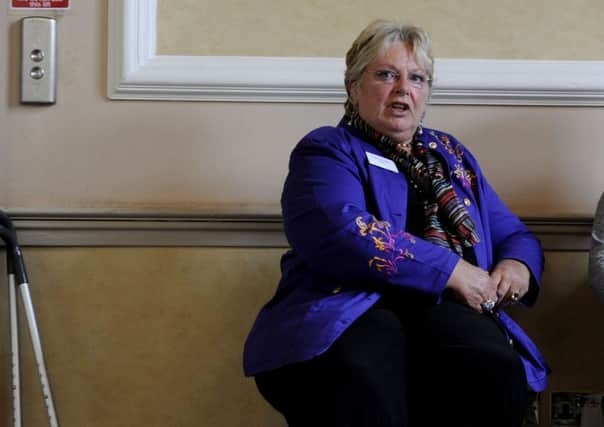Change of mind needed on issue of assisted dying


My views on assisting a terminally ill patient to die are not what they once were. They have been shaped by my experience as a general practitioner, where eventually I taught end-of-life care in the home to trainee GPs, my work in a palliative care service in Malawi and the impact of several hundred funerals I have conducted as a humanist celebrant.
My attitude has been slowly but surely influenced by continuing professional involvement in delivering care at the end of life.
Advertisement
Hide AdAdvertisement
Hide AdLike most medical students of my generation, I received no training in how to look after dying patients. I had to learn on the job and still blush with shame when recalling the stumbling steps I took up the steep learning curve. My early cases suffered needlessly under my clumsy, ignorant hands.
My teachers shied away from terminal care. A silent nod to the sister during a ward round would be a consultant’s typical response to her query regarding the need to start morphine injections. Conversations with relatives or patients about what was happening were avoided. Euphemisms were commonplace, served only to camouflage stark reality, while ethical uncertainties remained unexplored.
Although there is still much to be done to ensure equity in its availability, palliative care has improved dramatically since those days. However, even in the best of hands, there remains a small but significant number of patients who, despite receiving appropriate care, suffer cruelly and unwillingly during their final illness. Their needs are unmet and their anguish unassuaged. At present one terminally ill patient in Scotland takes their own life every week, not infrequently resorting to violent means in the process.
My views on assisted suicide are not what they once were. In light of the evidence I have changed my mind. To paraphrase Keynes, if doctors acknowledged that they do not have all the answers and are failing some patients, they should be willing to change their minds. To legitimately allow that conclusion to then be put into effect, the Assisted Suicide (Scotland) Act must pass into law.
• Dr Bob Scott is a retired GP and a spokesman for the My Life, My Death, My Choice campaign
SEE ALSO